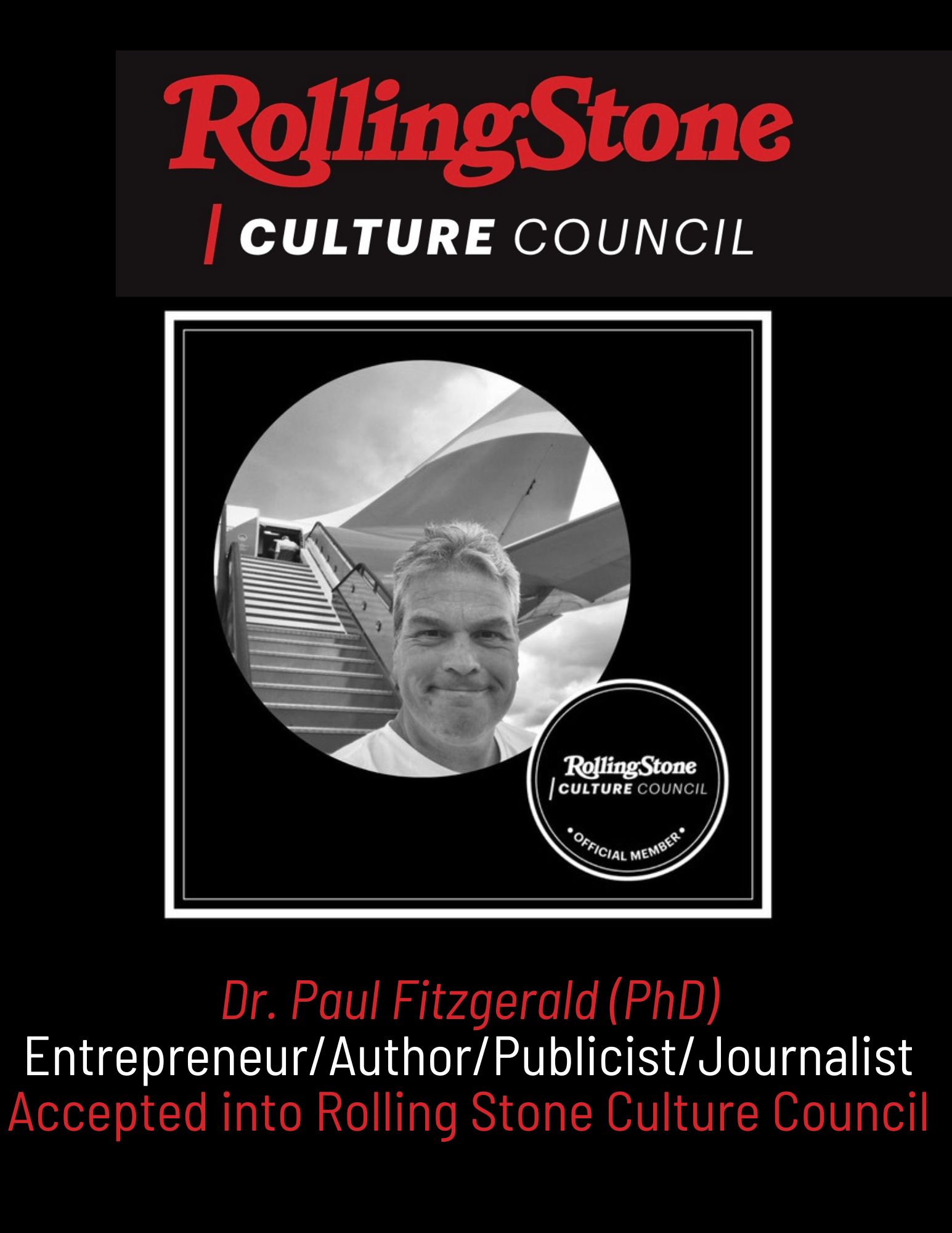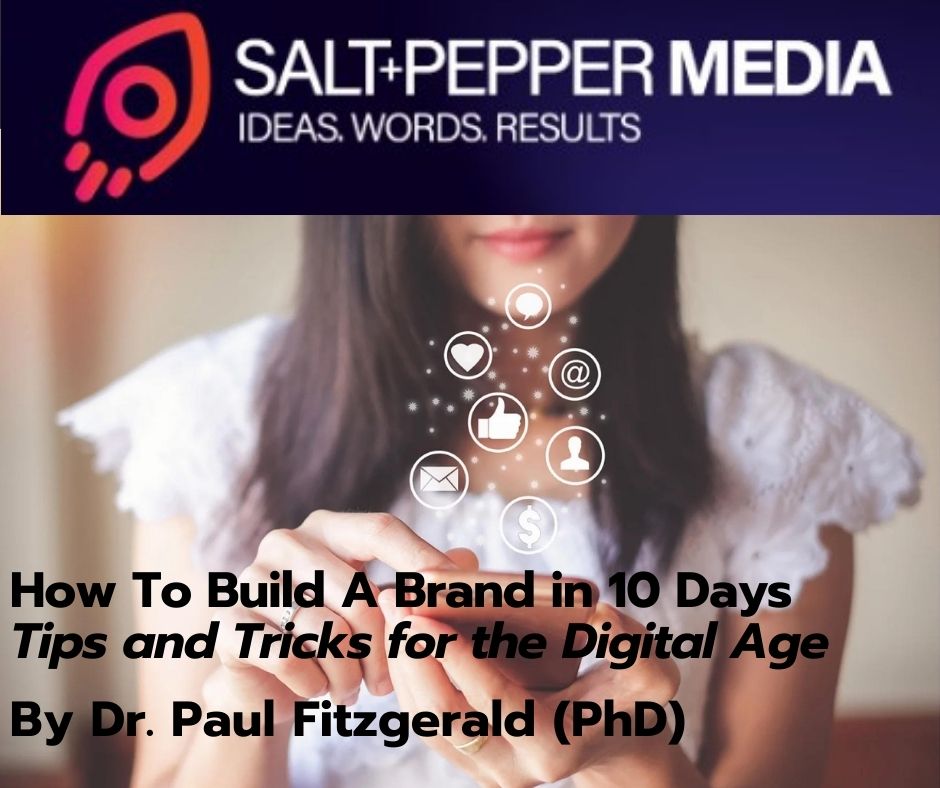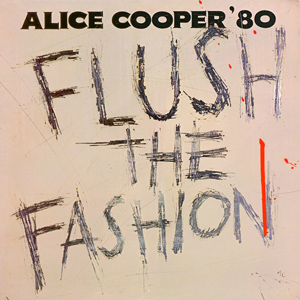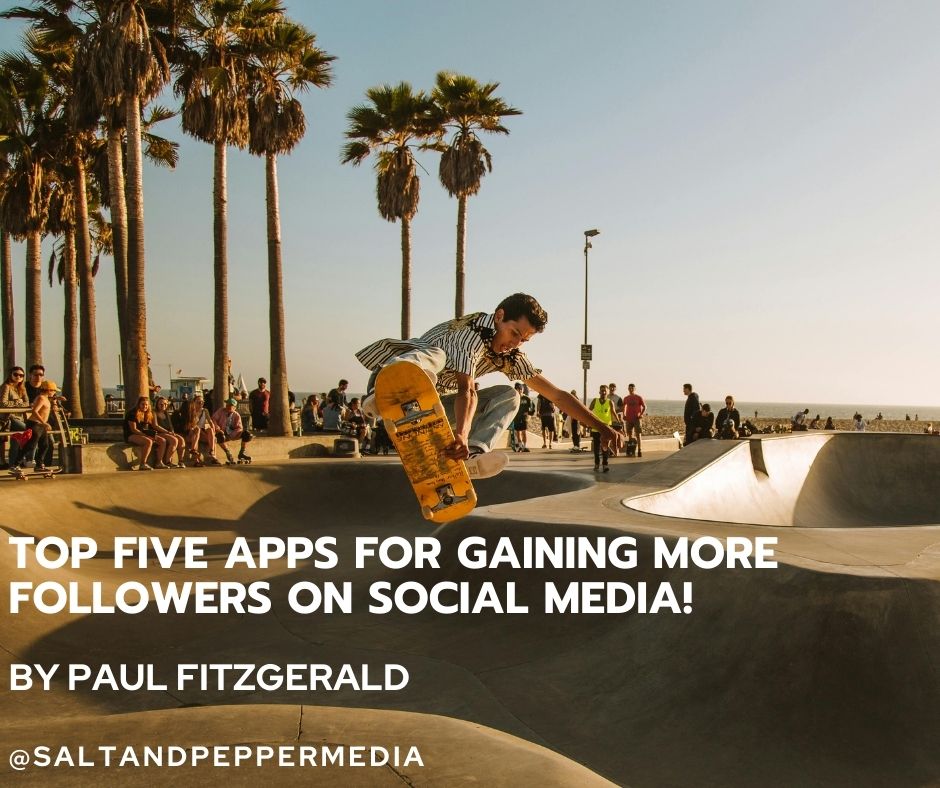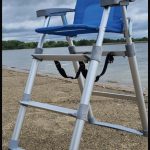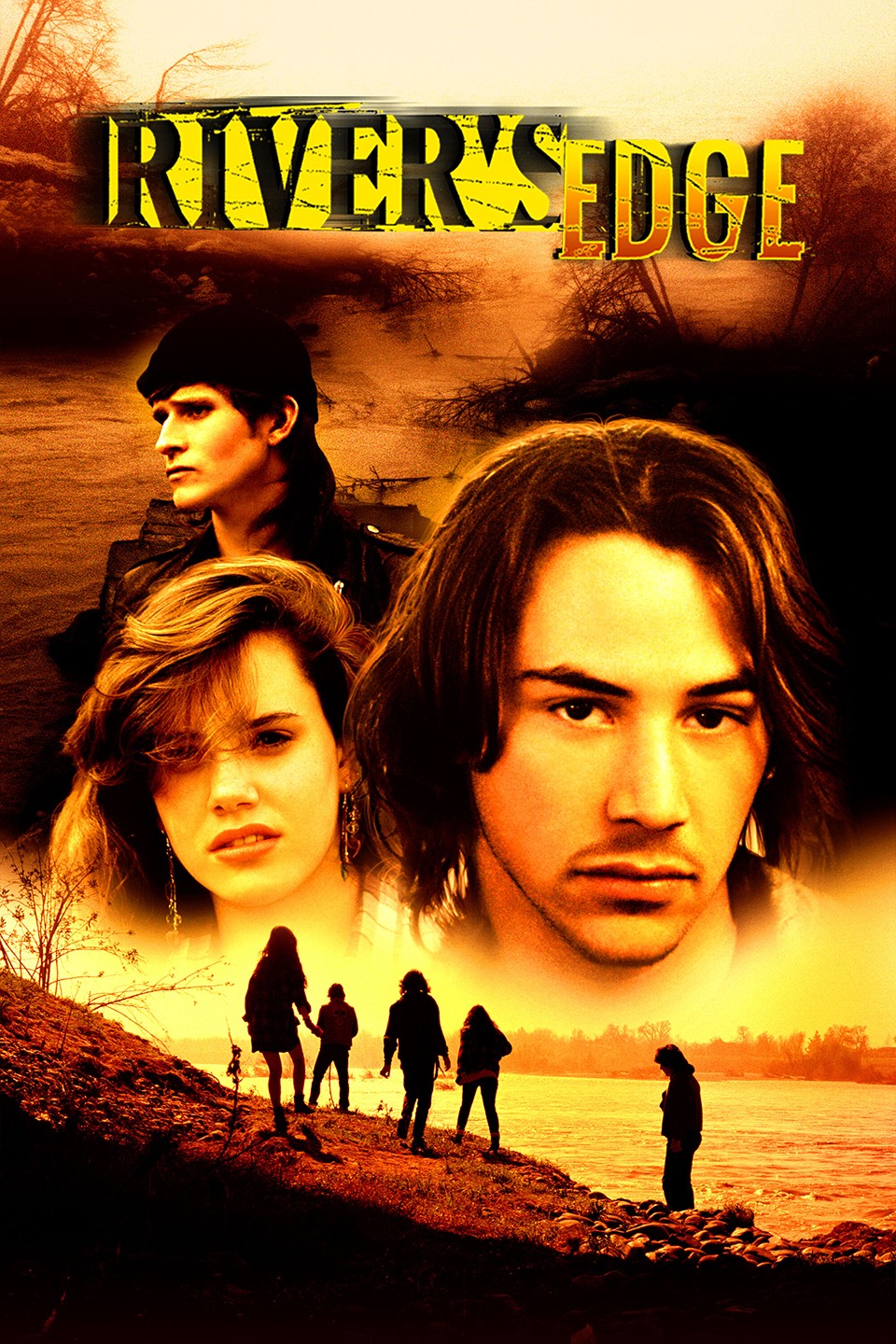
Paul Fitzgerald In Rollingstone.com: What an American Crime Film Can Teach About Doing What’s Right, Not What’s Easy
In the business world, the decisions between right and wrong take on innumerable shapes. Right and wrong are terms that perhaps need to be further contextualized — a piecemeal deliberation of right and wrong for the owner, the client, the customer.
There is ethical right and wrong, right and wrong for the bottom line and so forth. Considerations of right and wrong are omnipresent specters looming over every decision. They are not easy to navigate, but it is vital to the integrity and values of the business to not shy away from difficult choices and to approach them full-bore.
The choice between what is right and what is easy takes center stage in the 1986 American crime film River’s Edge, which positions a group of teens with an impossible decision from which business owners can learn.
River’s Edge, partially inspired by a true crime, tells the story of high school student Samson ‘John’ Tollet (Daniel Roebuck) and his inexplicable murder of his girlfriend. He displays his victim’s body to his group of friends with no remorse or emotion.
John’s cold detachment is mirrored by the film’s suburban Northern California setting, painted with mute tones and dull blue shadows. Through its grainy print, the film serves as a time capsule of arcade-era delinquency.
John’s nihilism reflects the sentiments of the disaffected youths of the time. His friends spend their time getting stoned, sipping stolen beer cans and listening to thrash metal, to the tune of a Slayer-heavy soundtrack, dressed in the would-be grungy attire of denim and flannel. They embody the societal perception at the turn of the decade of apathetic young people for whom what is right may matter little for their carelessness.
‘You Wanna Lower That Barrel, Son, I Am Your Friend.’
Unity and conflict navigation are foundational paradigms that business owners will find themselves navigating in the choice between what is right and what is easy. In River’s Edge, the fractured nature of the group is exposed early when hermit, sex-doll-dating drug dealer Feck (a characteristically manic Dennis Hopper), greets the teenagers with a gun at the door. Layne (Crispin Glover in an equally gonzo performance) asserts himself into a leadership position and talks him down.
In business, fostering unity often leads to better decisions, even though it may not be the simplest path to follow. While your partners will hopefully not be brandishing loaded firearms, they may be entrenched in positions that differ from your own.
Particularly in times of crisis, preventing turmoil is paramount. Decisions in navigating a public relations crisis may revolve around righting wrongs, apologizing and communicating transparently. It takes a village to navigate, so it’s important to have the whole team on board.
‘Okay, Listen Up—We’ve Got a Lotta People Here.’
Early in the film, John leads his crew to the riverbed where his girlfriend lies dead, displaying the body with ghoulish inhumanity. In the desolation among the banks by the gray, rushing water, speed-freak Layne suggests they hide the body there, never to be found. In the business world, it can be tempting to defer to the easiest solution, even when it is the wrong one.
It is important for businesses to adhere to their core values to instill transparency and trust, even when the way forward is a difficult one trudged through muddy waters.
As some of the teens, including Matt (portrayed by Keanu Reeves), break away, while others remain silent out of fear, Layne’s unhinged leadership in the scene is a reminder that challenging leaders is necessary, even when it is difficult. Division is unavoidable, but it should not be a diversion for those in the right. Unethical shortcuts are ubiquitous in the digital age. Modern practices such as purchasing followers to misrepresent popularity and other forms of astroturfing are disingenuous shortcuts that undermine an ethos of transparency.
Not only is sticking to core values morally right, but it is often the right course of business ownership as well. The commitment to integrity and ethics will shine through in the long run, even if it requires more effort and resources.
‘No Sense of Pride. No Sense of Loyalty. No Sense of Nothing, Man.’
As dissent worsens within the group of degenerates, Layne is abandoned again by Matt and Clarissa (Ione Skye) and laments their betrayal. While in the moment it can seem easiest to move past certain crises or try to sweep them under the rug, when businesses stray from their core principles and integrity, they take on even greater risks in the long run.
While it can be difficult to face the music concerning a scandal in terms of accepting responsibility and allocating resources to make things right, recovery is possible. Trivializing or failing to address shortcomings exposes a business to the risk that investors or customers will find out where the bodies are buried — hopefully, unlike the River’s Edge gang, only metaphorically. When brands fail to do so, they risk an irreparable break in trust, the residual damage of which can reverberate for years.
Brands must show their sense of loyalty not simply in crisis management but in every decision they make. This includes maintaining product integrity and avoiding a decline in quality for short-term gains. It also involves navigating turbulence with new investments or technology, being transparent about finances and keeping accurate books, and being honest with oneself in the evaluation of the ethical practices of potential or existing partners to ensure alignment of values across the board.
Coalescing around a long-term vision of what is right for the company, shareholders, customers and morally, no matter how difficult it is at the moment, can pay long-term dividends.


